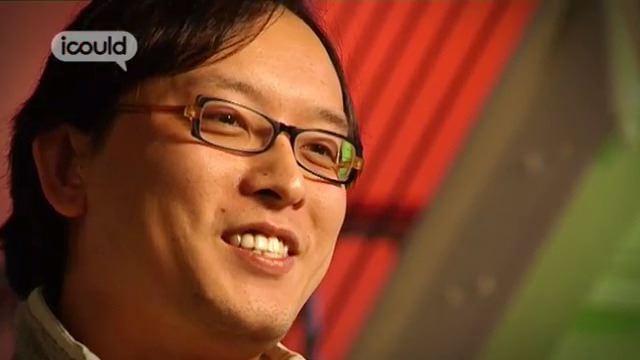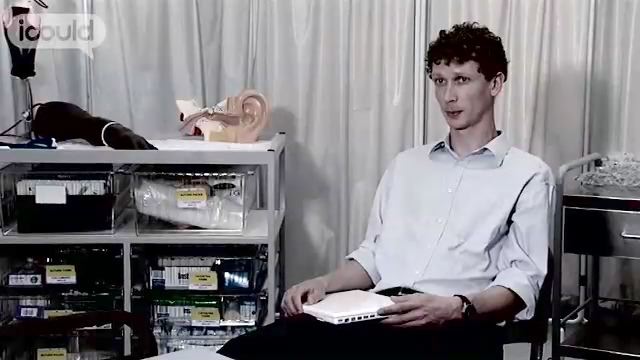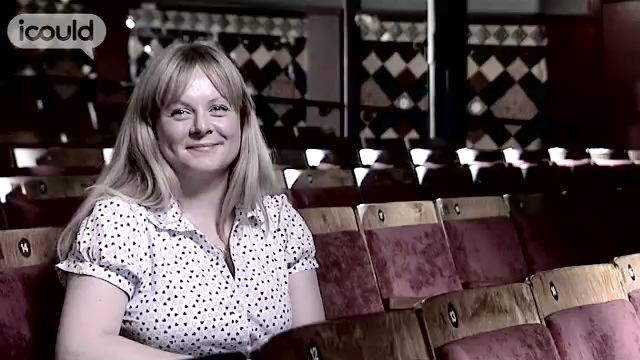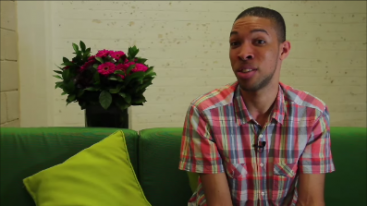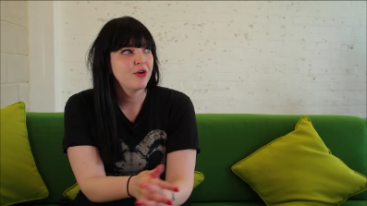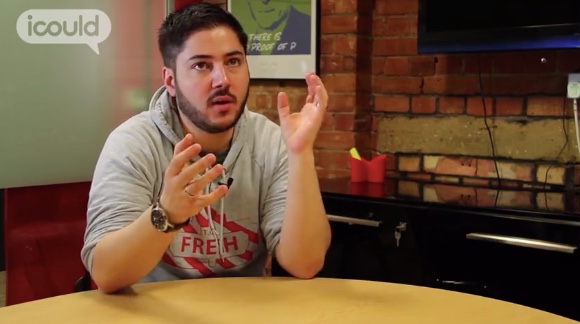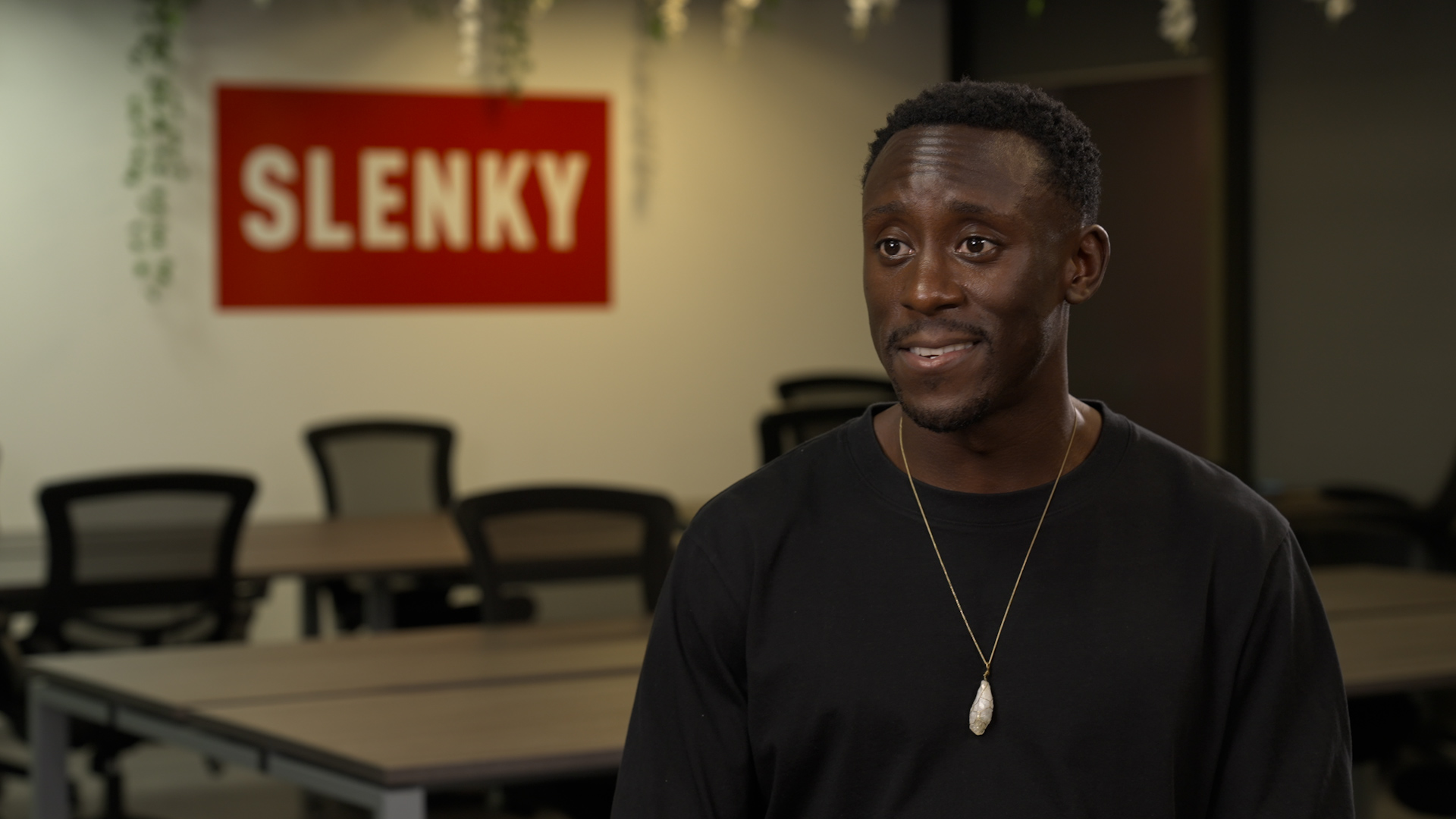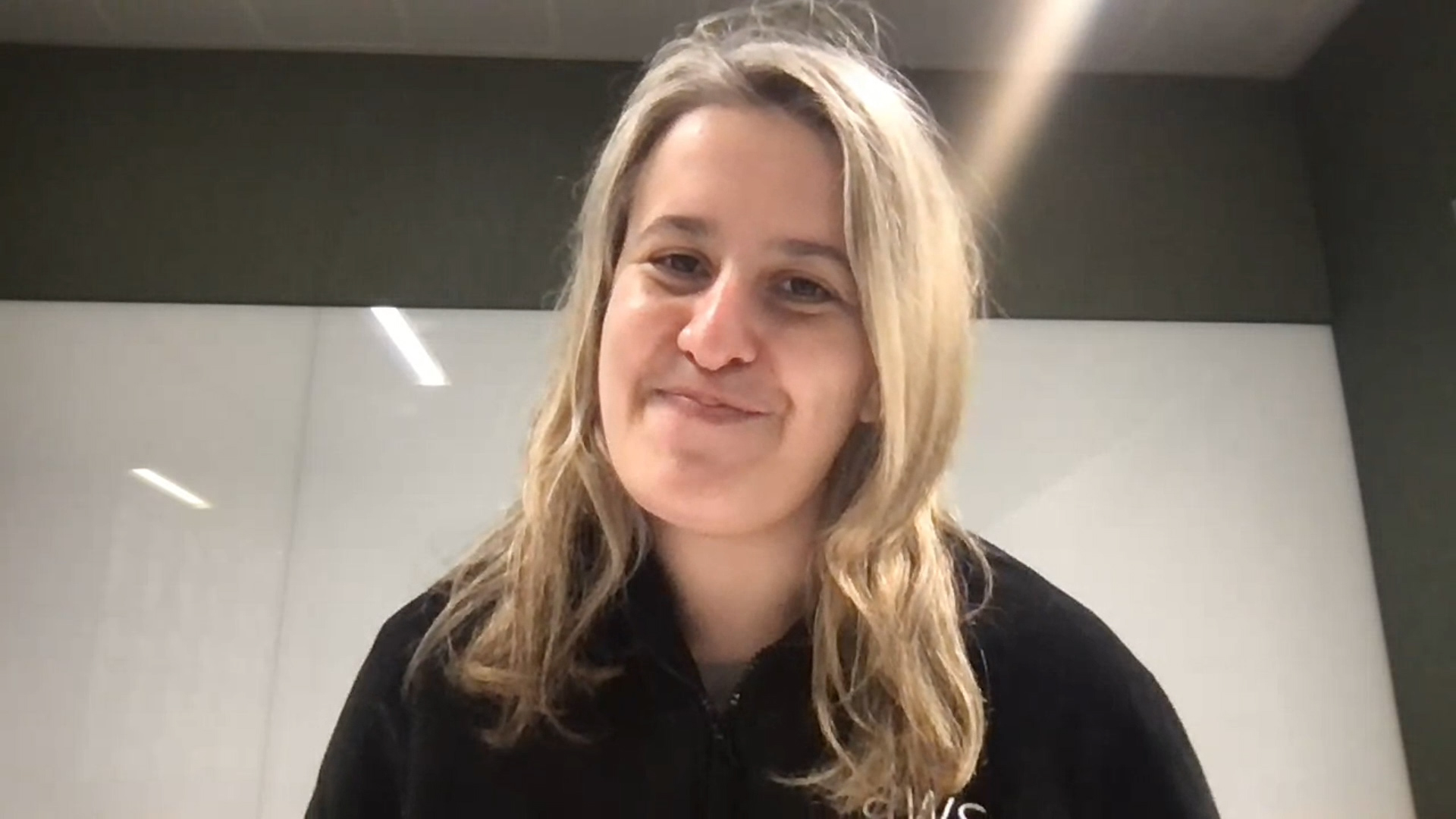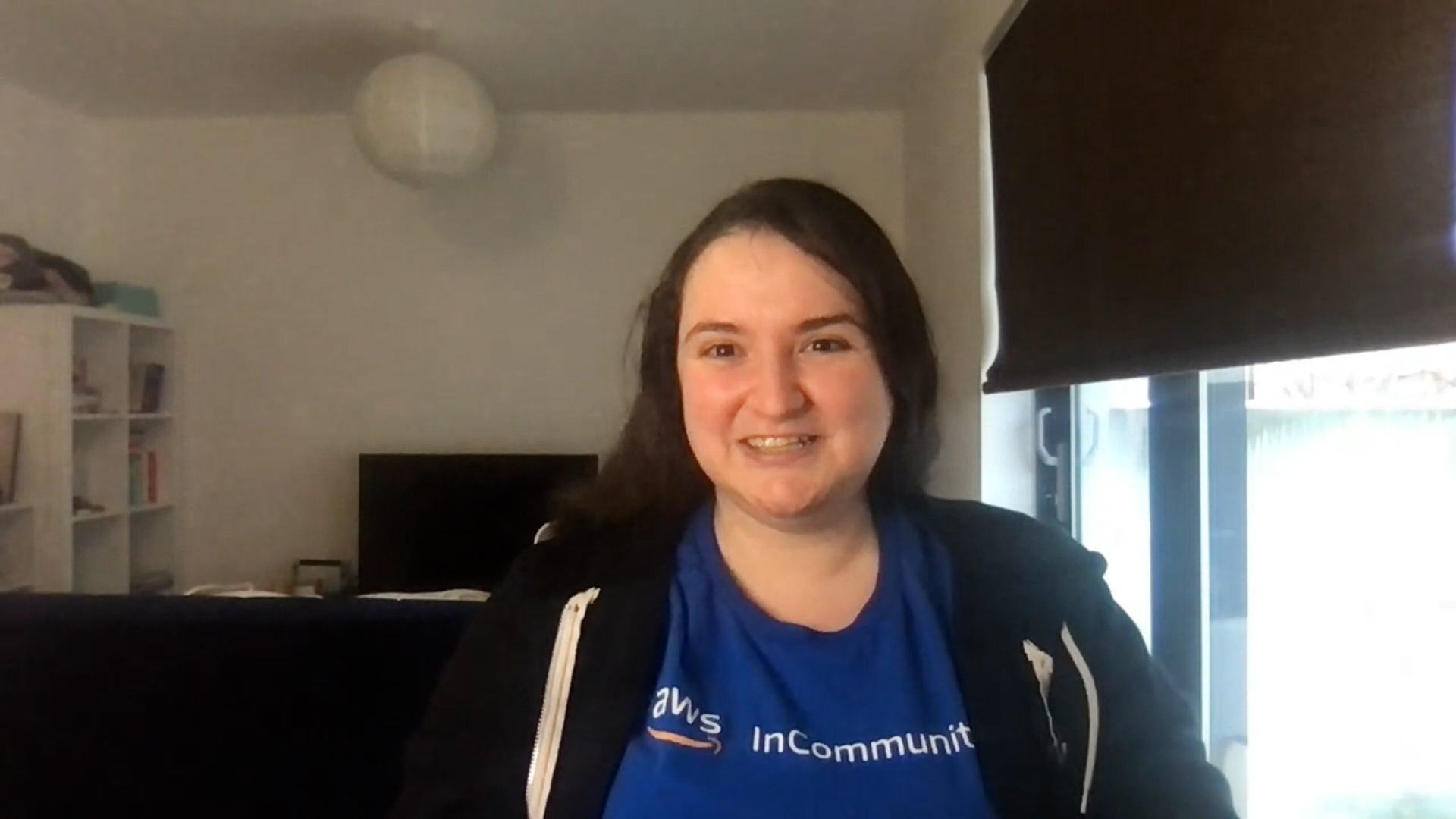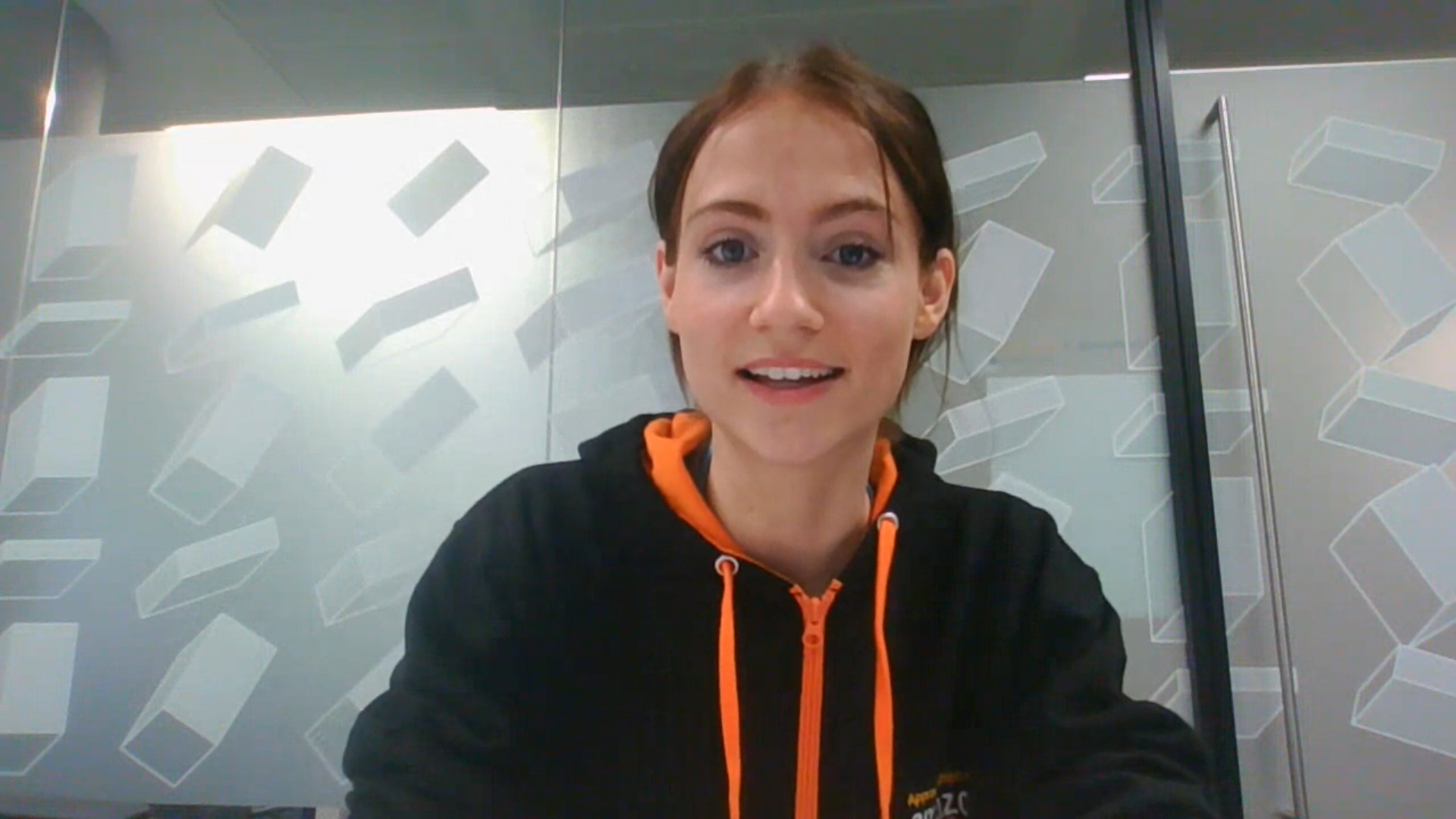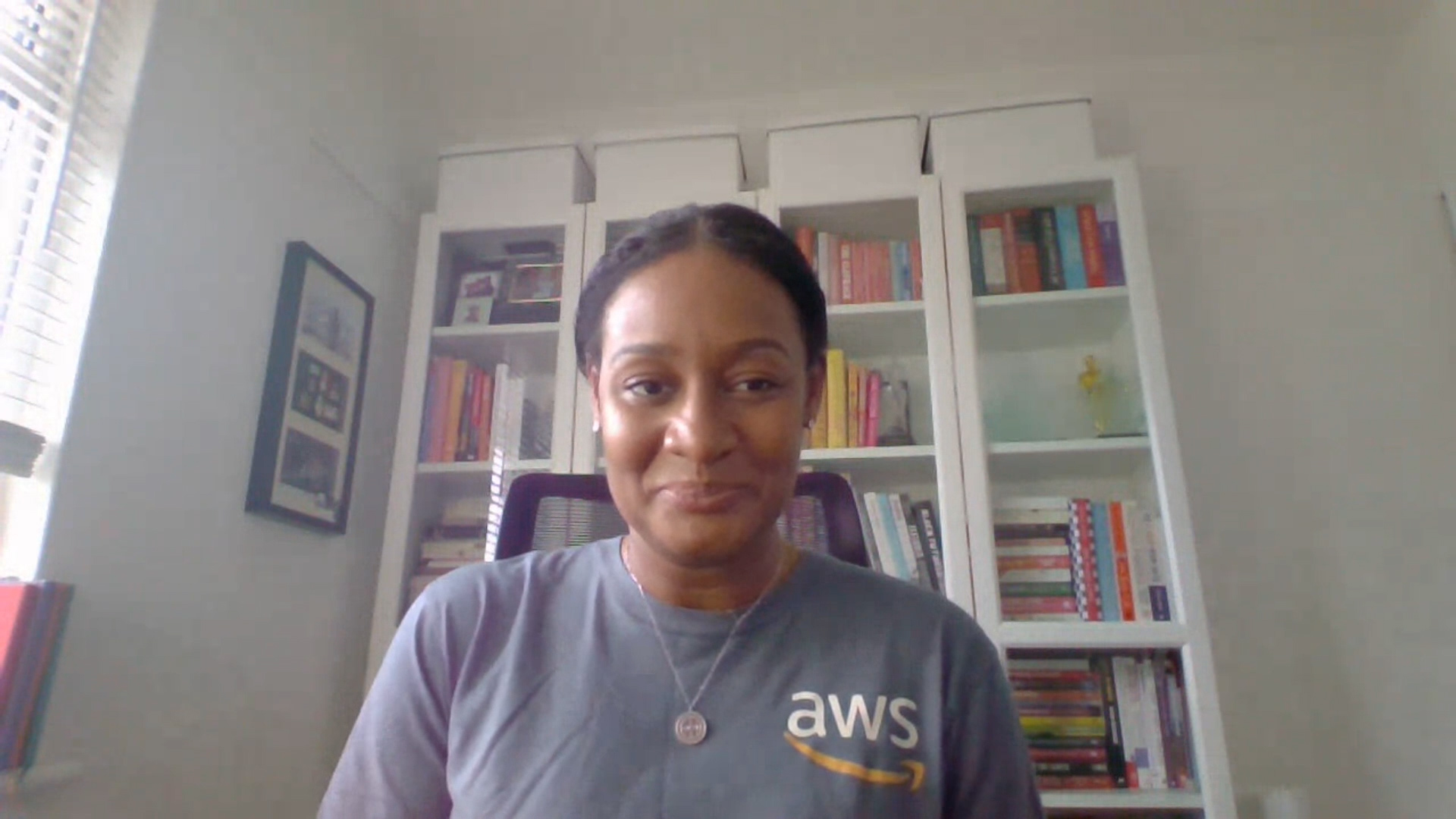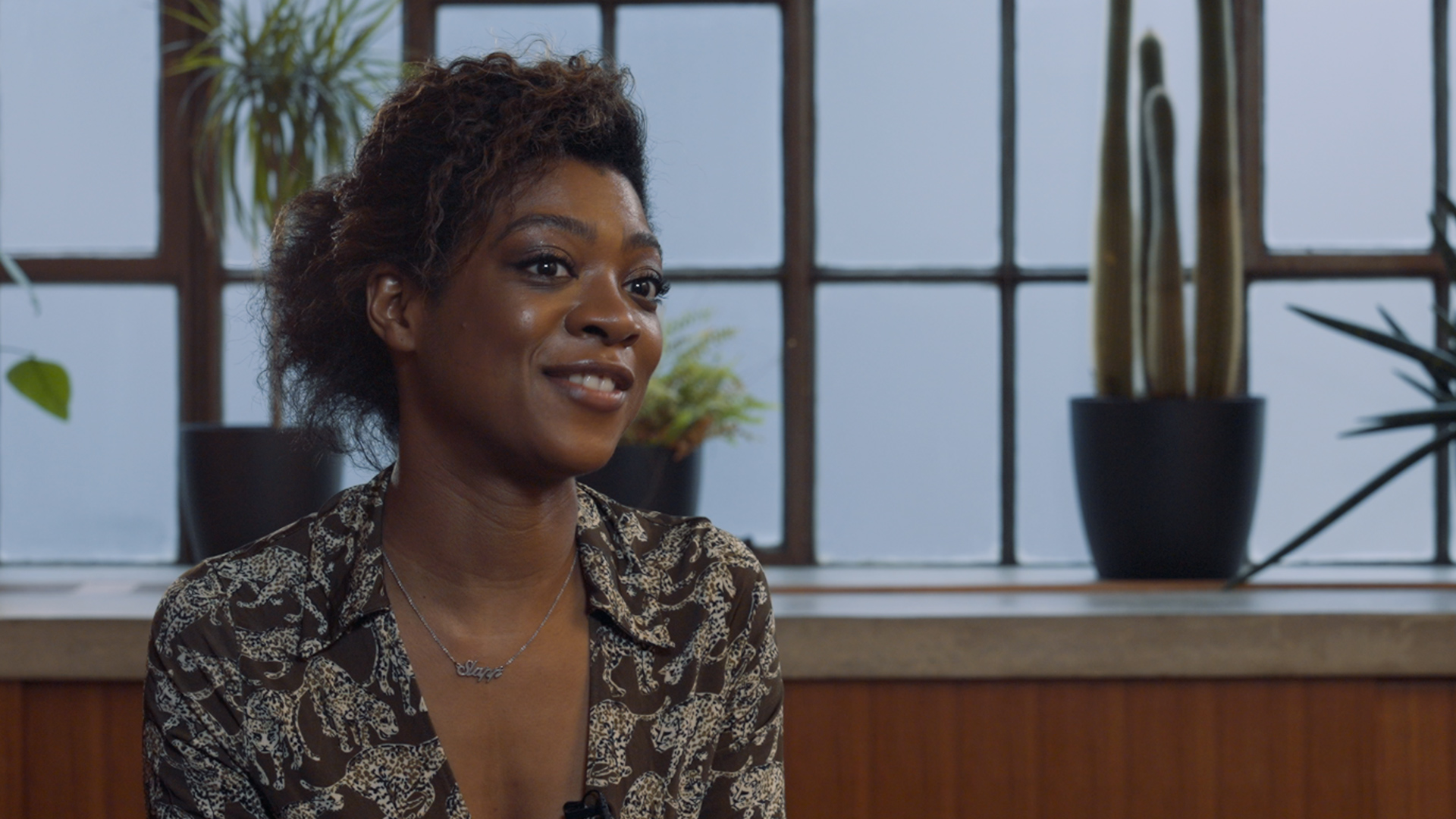Explore: Digital and tech
Senior UX Designer
Digital Science
info Issues viewing the video?
|
|
MUSTAFA K |
|
00:02 |
My name’s Mustafa K and I an a UX designer for Digital Science. |
|
00:07 |
UX is short for User Experience, so basically we will design digital experiences for people. It’s from how someone gets from one point in an application or a game or a website, to another and just trying to make something feel as seamless as possible. |
|
00:23 |
A typical day at Digital Science or as a UX designer, I mean it varies. Sometimes we design flows, so basically a user opens an application or a website or a game or whatever, how they get from one point to another and that will be like wire framing, so we literally draw out square boxes, OK user goes from here to here to here. Other days where we’ll actually start designing things properly in Photoshop or other design software. |
|
00:47 |
Basically it’s design in the digital world, so whatever that entails is basically what UX designers are involved in. |
|
00:54 |
So the characteristics of a UX designer, you kind of need, you need to be open minded, you need to be adaptable, you need to be very good at speaking to people because UX designers generally quite cross different industries, so like I need to be able to communicate with a marketer and understand how a marketer speaks and how a programmer speaks because everybody has their own sort of language and personality traits. So you have to be quite good with people cos sales people have a certain thing that they have to work towards, marketers, finance and you kind of basically cross all of that to try and fit the thing that you’re designing across all of those things. |
|
01:36 |
So it’s like a multitude. You have to be very fluid, I mean that’s the best word I can use for a UX designer’s characteristics is just being a fluid person. |
|
01:45 |
Well I’m from Hackney, so our school was quite mixed, You had very posh middle-class kids mixed with kids from the estate, so it was a very mixed bunch. So yeah, it was a melting pot. To begin with the sort of class I was sat in, or the group of people, were generally people who are not going to do anything. You could tell from that and looking back now, you could easily see that these guys were not academic, they weren’t going to do anything with their lives or whatever. |
|
02:13 |
Seeing that environment really scared the hell out of me, I thought I don’t want to do this and that’s when I started really paying attention. Like the last two years, especially, of school and really thought, OK, I really need to start focussing and that’s when I started taking the GCSEs, started very seriously and also trying to prove a point there, you know. Someone from that environment could actually do it. |
|
02:39 |
Yeah I went to the London College of Printing, which I think is now called London College of Communication. Just to put it into context, London College of Printing, Central St Martin’s, they’re like the Oxford and Cambridge of the design and art world, like you know, any designer, they know these institutes, they’re world famous. So it’s like, it’s almost like you’ve been inducted into a hall of fame and it kind of went to my head, which is why I almost flopped because it’s like, I don’t have to try any more, I’m amongst the, and then you went, no you really. That was the thing that I learned from that experience, that because you achieve something really good doesn’t mean you should stop trying. |
|
03:15 |
Dyslexia is a weird thing cos some people don’t believe that it exists. But it has hindered me in some respects but it’s also been a motivator to try harder. Like I’ve done, you know, I’ve painted, I’ve done screen printing, web design, you know all these different. Writing is the thing that I still find the hardest to do but and I’ve written for like, I’ve written for the Times in London, I’ve written for like DotNet magazine, which is a web design magazine, I’ve written for a lot of blogs and people tell me my writing’s good. |
|
03:49 |
But it’s still the thing which I find the hardest and that’s partly dyslexia, but I think, because it seems good, I don’t know if it is, that’s subjective, but I think it’s because I have to try harder and I think generally, if something makes you feel uncomfortable, you can go two ways, you can either stop doing it and whatever, or you actually really say OK, I have to do this and it makes you feel uncomfortable, has that sick feeling, but generally that feeling’s a good thing cos it’s telling you that you’re on the right path. |
|
04:18 |
Design and art is connected to a person’s emotions, so if you’re feeling quite negative about yourself, it shows in your work and you get kind of depressive and you don’t, you know, quite insular as a person. So the first job I had was pretty much the worst job I’ve ever done because I was just stuck in a box, no inspiration, no ideas whatever and that was kind of from the desperation that was left on me after I left university. Because of that environment I almost did quite badly in terms of my grades. I passed, but just about, and that kind of set a precedent of maybe you’re not as good as you thought you were and that kind of insecurity complex that you get. |
|
05:00 |
The advice I’d give to anyone who wants to go work in any creative industry is just do it. In the first part of my career I was told that I couldn’t do it and that was a motivator. I mean I’ve been told by a lot of people now, it’s no point trying it. But generally when someone says that it’s, I mean if someone very close to you like a parent, then they may have a reason for them saying that, but if it’s someone that you don’t really know that well, generally it’s people are quite negative because they never achieved anything. So I would say, just do it, just try it, there’s nothing stopping you. |
|
05:32 |
End of Mustafa K |
Mustafa dealt with dyslexia at school by talking and drawing. His interest in art led him to the prestigious London College of Printing where he obtained a degree in graphic design. He experienced set backs early in his career which gave him the opportunity to set up his own agency. From here he was able to grow both in confidence and his abilities.
More information about Web design and development professionals
Data powered by LMI For All
£33,800
average salary
The UK average salary is £29,813
35
average weekly hoursThere are 37.5 hours in the average working week
70%
male
30%
female
The UK workforce is 47% female and 53% male
Future employment
Future employment
Description
Jobholders in this unit group design, develop and maintain websites to meet a client’s specified requirements.
Qualifications
Entrants usually possess a degree or equivalent qualification, although entry with other academic qualifications and/or significant relevant experience is possible. There is a variety of relevant vocational, professional and postgraduate qualifications available.
Tasks
- Liaises with internal/external client in order to define the requirements for the website;
- Presents design options to the client;
- Designs web pages including graphics, animation and functionality to maximise visual effectiveness and facilitate appropriate access;
- Develops the website and applications;
- Designs and develops web interfaces for relational database systems;
- Establishes methods to ensure appropriate website security and recovery;
- Writes and publishes content for the website;
- Tests website interaction and performance prior to going ‘live’, and monitors and maintains functionality of the website;
- Activates the ‘live’ website.
Employment by region
Top 10 industries for this job
Computer programming, etc
18648
Retail trade
11390
Head offices, etc
7078
Advertising, etc
6736
Employment activities
6185
Publishing activities
4444
Education
1851
Other professional
1782
Social work
1732
Public admin. & defence
1707
Employment status
Related career stories
⇦
⇨
